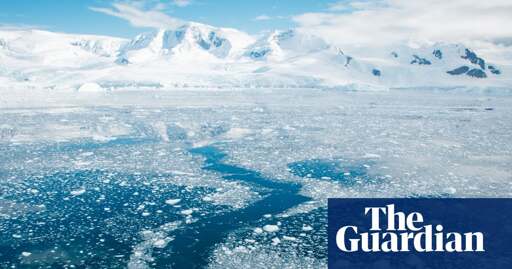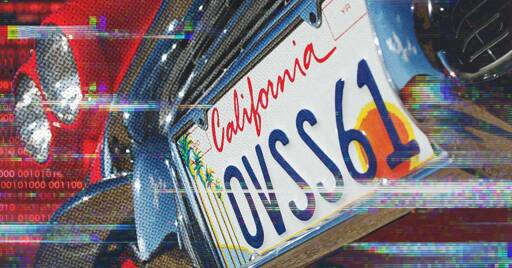

initial scheduled travel time for the LRT, based on the testing phase, is 46 minutes from one end to the other.
As we move towards full service and beyond, improvements to average speeds are expected through operational familiarity and confidence and adjustments to corridor operation
They took it slow the first run. Totally newsworthy.






















It has?